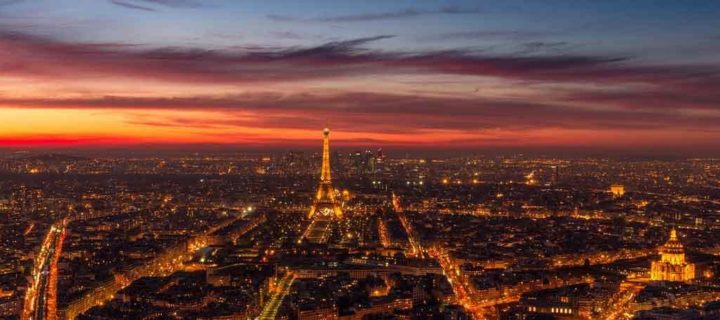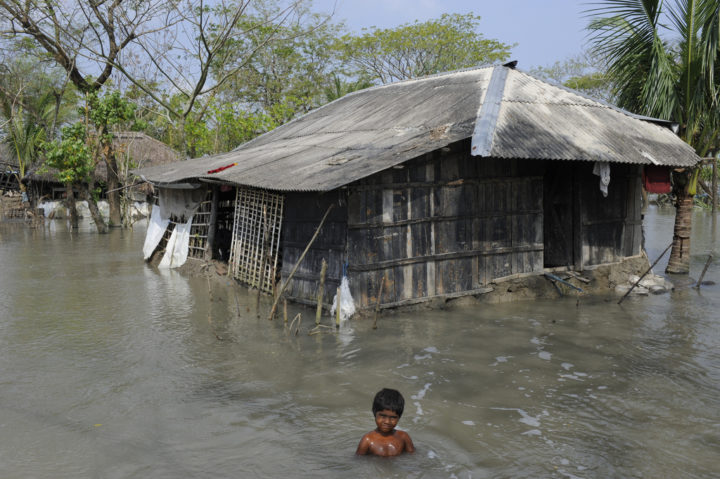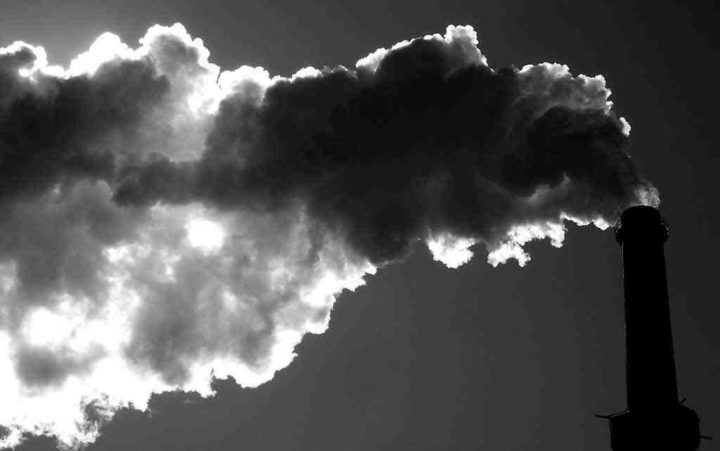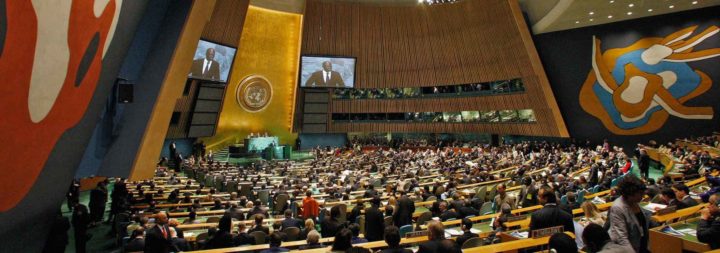Paris climate summit: The waiting’s nearly over…
With only days to go, here is what you need to know before the UN Paris summit begins
By Germana Canzi
Share
Last updated:
On Sunday 29 November, David Cameron will join other Heads of State and Government in Paris to kick off crucial 2-week talks on climate change, also known as COP21. This is the culmination of a year of dramatic developments – summarised here – with high hopes that that an agreement can be reached.

Arguably, the summit could already be viewed as as a success. For the first time ever, virtually all countries have – in the run up to the summit – made pledges for constraining emissions, known as Intended Nationally Determined Contributions (INDCs). If implemented, these could have quite dramatic implications, such as a potential doubling of renewable energy supply in the eight major emitters by 2030 – 18% higher than previously projected growth rates.
Done deal, then? We’ll have to see. There are definitely some unresolved issues that may flare up next week.
The INDCs combined are not enough to keep some climate impacts from becoming catastrophic and irreversible. This is well known. The real question is whether the deal will contain some mechanism for reviewing pledges and increasing emission-cutting ambition over time. There is also debate on what form a long term goal for greenhouse gas reduction could take, and on climate finance– or how much developed countries will pay to help developing countries adapt to climate impacts and reduce emissions.
Loss and damage may also come up: how poor nations will be compensated for damages from climate change that are inevitable due to past emissions they are not responsible for. Finally, there will be discussions on monitoring, reporting and verification – how governments can be sure that other countries are doing what they promised.

Keeping it simple
I attended my first ever UN climate conference as a financial newswire journalist back in 2001: an exciting, interesting and mind boggling experience. The amount of jargon and detail can be daunting. Times have changed though: there are plenty of news sources on climate change policy and negotiations, including social media. But now there is so much information that it can be hard to navigate the detail and figure out what the key issues really are. And the heavy use of jargon is definitely still there. That’s why we have prepared a 'COP21 in a nutshell' briefing, explaining the issues concisely and in plain English. For more detailed information on the Paris climate summit, see E3G's guide.
Many also wonder whether Paris will be a repeat of the failed Copenhagen summit in 2009. The facts show there has been a significant shift in understanding of the scale of the climate challenge by scientists, politicians and the public. China and the US – accounting for over a third of emissions and the two key countries that had struggled to agree in 2009 – are in a very different place.
Meanwhile, coal use in China and other countries is falling, and renewable energy is growing spectacularly and becoming much cheaper. In 2009 renewables were just establishing themselves as a source of power but they are now the world’s second largest source of electricity.
There is, however, some concern over whether developing countries (including India) are ready to move on from coal, a relatively cheap but highly polluting form of power generation.

Rapid change
Regardless of the detail of the agreement in Paris, the world of energy is rapidly changing; and the main fuel in the firing line is coal, the one that started the Industrial Revolution but also the one which releases the most carbon dioxide.
As we’ve highlighted in a third briefing of our series on the COP – on the business and finance implications – the steadily declining cost of solar panels will undermine coal’s dominance in the electricity industry in countries like India. It is no coincidence that three international coal companies have filed for bankruptcy in the past six months, and the sector is generally seen as undergoing a difficult transition. Peabody Energy, the world’s largest private sector coal company, is trading at about 10% of its value a year ago, and about 1.5% of its value in 2011.
The UK announced last week plans for a coal phase out, and that’s only one story in the global picture. A major report tracking global coal developments, published earlier this year, found that the 2005-2012 worldwide coal-fired generation boom is now busting. In India, far more projects have been shelved or cancelled since 2012 than completed, and new construction plans are at a near-standstill. In both Europe and the U.S., the coal fleet is being reduced. In China, coal plant utilisation rates are at a 35-year low.
The UK announced last week plans for a coal phase out, and that’s only one story in the global picture. A major report tracking global coal developments, published earlier this year, found that the 2005-2012 worldwide coal-fired generation boom is now busting. In India, far more projects have been shelved or cancelled since 2012 than completed, and new construction plans are at a near-standstill. In both Europe and the U.S., the coal fleet is being reduced. In China, coal plant utilisation rates are at a 35-year low.

ECIU Director Richard Black, Head of Communications George Smeeton and Senior International Analyst Germana Canzi will be available in Paris throughout the COP.
Please do get in touch by emailing us at Germana.Canzi@eciu.net or by following instructions here.
You can also get updates by following us on Twitter:
Our three COP21 briefings are available here.
Share